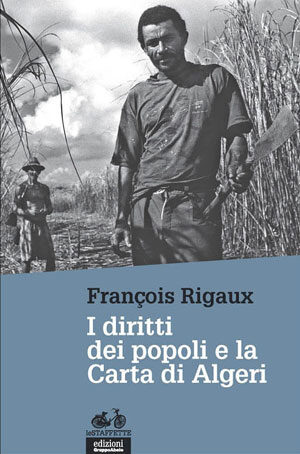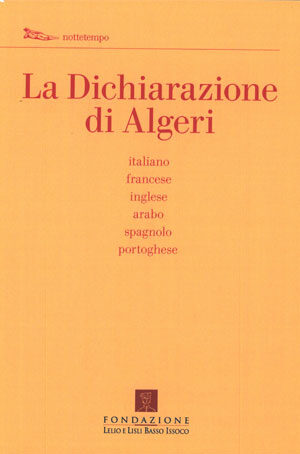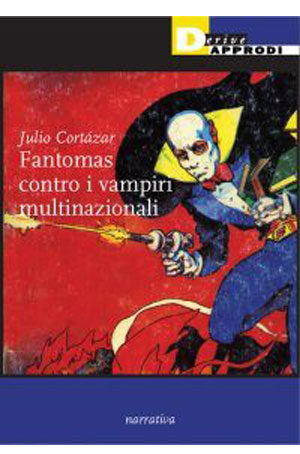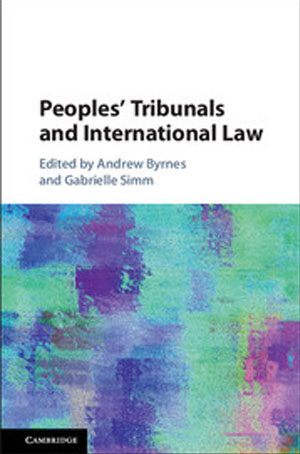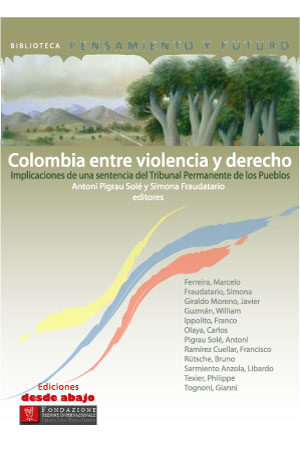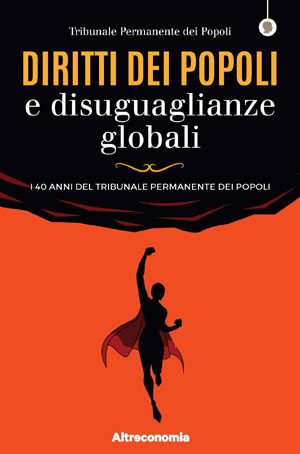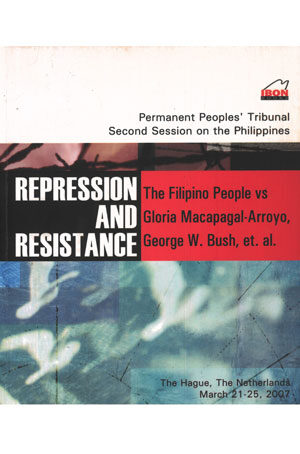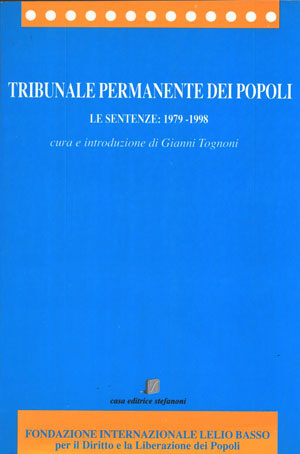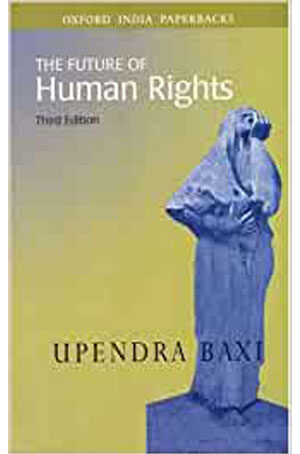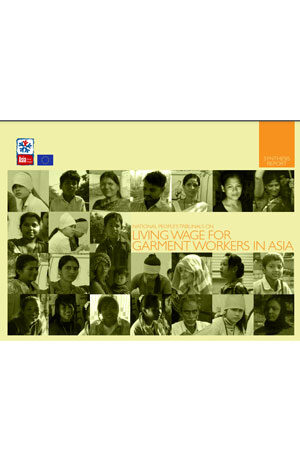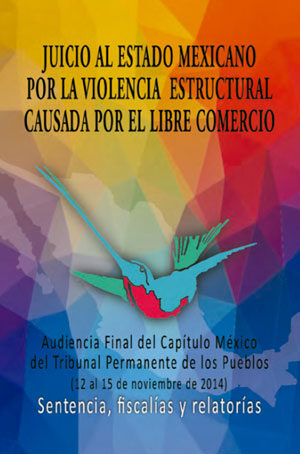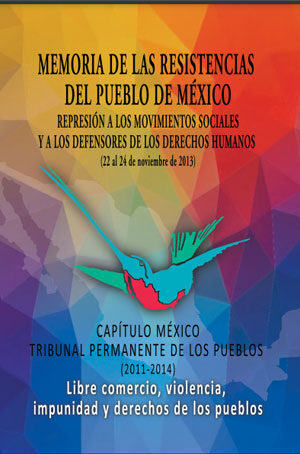François Rigaux, I diritti dei popoli e la Carta di Algeri [Peoples’ rights and the Algiers Charter], Gruppo Abele Editore, Torino, 2012 (II ed).
Language: Italian
“Conscious of interpreting the aspirations of our age, we met in Algiers to proclaim that all peoples of the world have an equal right to freedom.”
From the Declaration of Algiers – a universal reference on the rights of peoples in a text of thirty articles, which identify in the rights to national and cultural identity, self-determination, economic rights, the right to culture, the environment and common resources, and the rights of minorities, the unfinished chapters in international human rights law and in the areas of impunity for their violations – originated a new awareness of the rights of all, highly relevant nowadays in times of globalisation. This volume by François Rigaux reconstructs the legal foundations of peoples’ law and retraces the milestones of the Permanent Peoples’ Tribunal in its sessions between 1979 and 2011.

